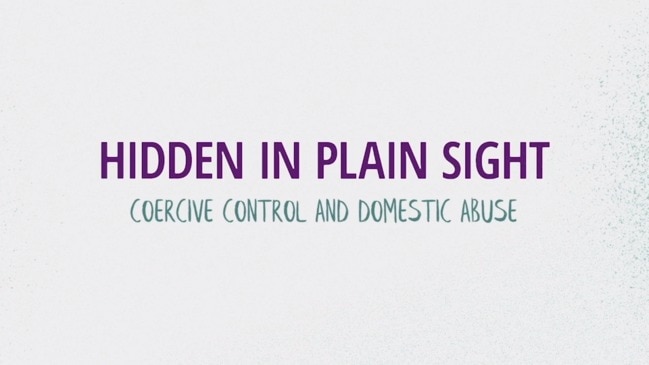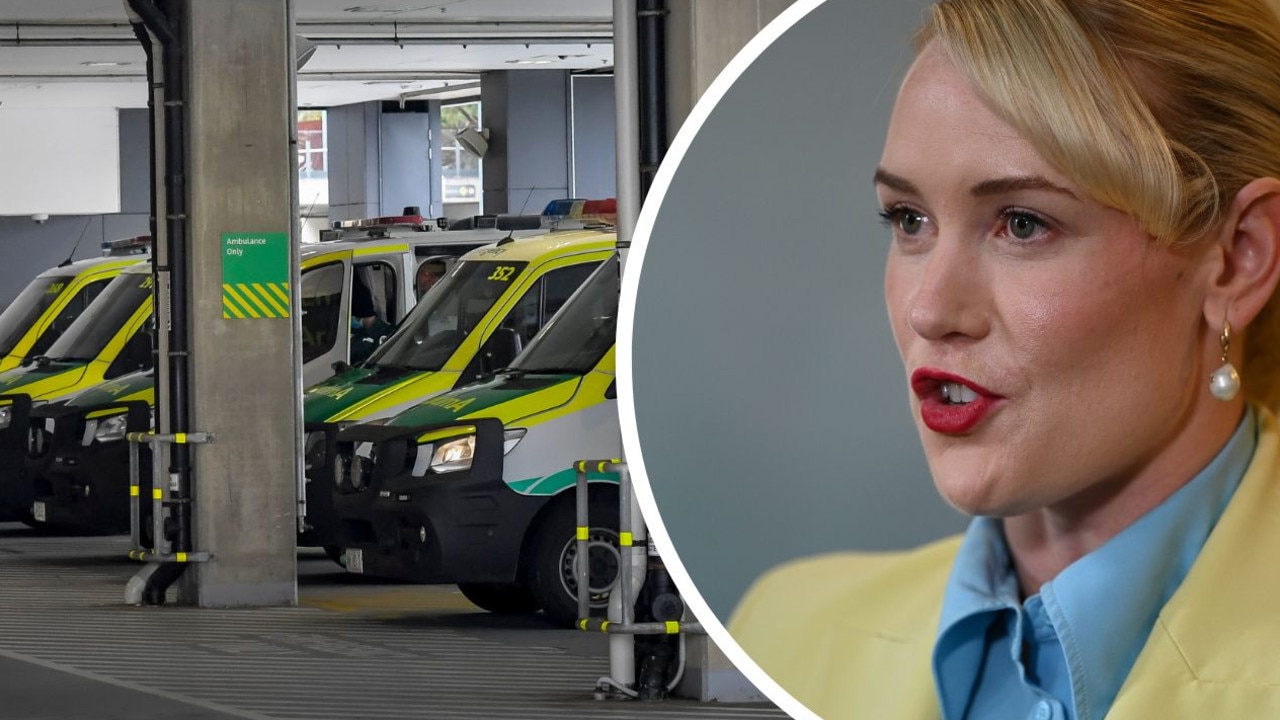Women’s Safety Minister Anne Ruston backs closer monitoring of domestic violence abusers
Tracking devices could be among innovative measures to help protect women from domestic abusers after a successful trial of the technology in Tasmania.

SA News
Don't miss out on the headlines from SA News. Followed categories will be added to My News.
Closer monitoring of abusers with a history of domestic violence must be considered to ensure protection orders are more than just “a piece of paper”, the nation’s Women’s Safety Minister says.
An intervention order can be put in place by police or courts to protect victims from an abuser, even if they have not been charged or convicted of a crime. However, there is little monitoring and it is often left to victims to call police if an abuser breaches the conditions, such as by contacting or stalking them.
Women have been killed while supposedly protected by intervention orders, including Brisbane mother Hannah Baxter, last year, and Adelaide mother Zahra Abrahimzadeh, in 2010.
In the wake of the murder of baby Kobi Shepherdson this week by her father – who had a history of domestic violence – federal Women’s Safety Minister Anne Ruston has pledged to “work with states and territories on how we can strengthen the enforcement of intervention orders”.

“A piece of paper will never keep a woman safe, or make her feel safe, unless she knows it will be enforced,” she said.
“We need to look at innovative ways that we can ensure these orders are enforced, which could include using technology or new penalty regimes, and consider a more consistent approach where appropriate.”
Ms Ruston cited a trial in Tasmania where high-risk family violence perpetrators were put under electronic surveillance, leading to an 82 per cent reduction in high-risk incidents.
If the Tasmanian Government retains power at the May state election, it has committed to spend $2.4m to continue the trial for two years.
Asked if the South Australian Government saw a need for closer monitoring or enforcement, Attorney-General Vickie Chapman said some abusers who were convicted of offences or released on bail were already monitored by GPS-tracking. “If we are going to look at how someone (outside the court system) might be monitored or have some kind of high-risk offender process for post (making) threats (against a victim), then that’s a whole new world,” she said.
No To Violence chief executive Jacqui Watt echoed calls for closer monitoring of those who posed a high risk of domestic abuse.
“How are we keeping an eye on these men when we know they’re high risk and serial offenders, and they’re breaching domestic violence orders?” she said. “It’s too awful for words what the potential outcome is if we don’t identify risks earlier and keep him in view.”
DV Crisis Line: 1800 800 098





